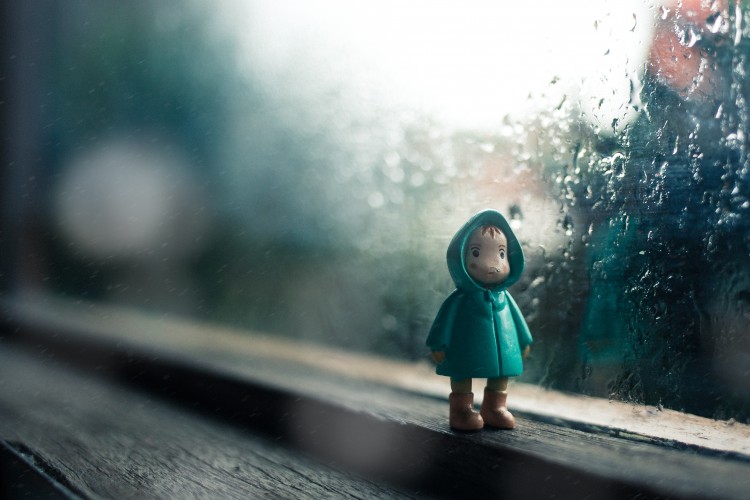About a year ago today, on January 25, 2016, I was diagnosed with Ehlers-Danlos syndrome (type 3). It was a huge relief for me, as I had been struggling with pain, dislocations, subluxations, muscle/joint pain and everything else that comes with EDS for as long as I could remember, and I had just passed my 21st birthday. It took 21 years of persistently visiting doctors and hospitals before one kind soul finally listened to what I had to say.
• What is Ehlers-Danlos Syndrome?
• What Are Common Ehlers-Danlos Syndrome Symptoms?
Despite the relief I felt at finally knowing there was actually something medically wrong with me, I also felt a little crushed. I felt like there was something attached to me I couldn’t shake. And I knew that life would never be the same again.
Following my diagnosis I was swept away by a receptionist who booked me all sorts of appointments – physiotherapy, pain management, occupational therapy and podiatry, to name just a few – and I was thrown headfirst into the crazy world of chronic illness. Now don’t get me wrong, all these appointments were very important and I knew I needed them, but I didn’t even have a moment to accept what was happening. Though I knew when I went to my rheumatology appointment that I was pushing for a diagnosis, it was suddenly very real and I didn’t really know how to deal with it.
It took me a long time to figure out how to “deal” with this new stage of my life, but here are a few things I’ve learned in the first year after my diagnosis:
1. Take the time to grieve.
 It is only natural to feel lost after a new diagnosis. It can feel like the world has turned on its head, and you might worry that you’ll be missing out on what the world has to offer. Take the time to grieve, because life as you know it will change. Don’t listen to what other people say and take as long as you need. Just remember that change isn’t always bad – hopefully, with this new diagnosis will come the support you need, properly catered to you.
It is only natural to feel lost after a new diagnosis. It can feel like the world has turned on its head, and you might worry that you’ll be missing out on what the world has to offer. Take the time to grieve, because life as you know it will change. Don’t listen to what other people say and take as long as you need. Just remember that change isn’t always bad – hopefully, with this new diagnosis will come the support you need, properly catered to you.
2. Don’t be afraid to ask for support.
In terms of the emotional effects of a new diagnosis, this is a trying and stressful time in your life. If you’re feeling particularly down and just want time to yourself, then do what you need to do, but spending time with friends can really lift the spirits. There are also a lot of support groups online, where you can speak to other people with the same condition as you. This support can be invaluable.
In terms of life, practically, I found that there is a lot of support available. I found that speaking to my OT had huge benefits for me, as she provided adaptations for my home that I now could not live without. Do not be ashamed to ask for this help – it is there for the people who need it.
3. Learn as much as you can about your illness.
This is a big one. Learn as much as you can about what you could be facing. It helps to put things into perspective, and allows you to better manage your conditions. Being knowledgeable about your condition will also be really helpful for your loved ones, as they can learn how to support you better.
4. Make goals.
Even if they’re small, I recommend trying and deciding on a few long-term and short-term goals. It can be really helpful and motivating to have something to work towards. Make a few goals for your condition (i.e. I want to be able to walk x amount of meters, or I want to be able to complete all my physiotherapy exercises, etc.) and a few goals for you personally (i.e. things you want to see and do). Though it sounds cheesy, having something to aim for can help you focus and continue battling on. You’re a warrior now. Don’t forget that.
5. Think positive.
I know from experience that this can take the longest time. To think positively about your condition, you have to come to a point of acceptance about your life. It can take a lot of time to see the positives in life, but I promise you, they are there! For example, after my diagnosis, I wasn’t sure how life would play out. I was worried about the future and I felt pretty hopeless for a while. However, in the following month I got engaged, and was married later that year. I’m not saying this is the cure for grief, but I am saying that there is light in the darkness. It can take a while to see it, but I promise you, it’s there.
If you’re struggling with a diagnosis, new or old, just remember you’re not alone.

